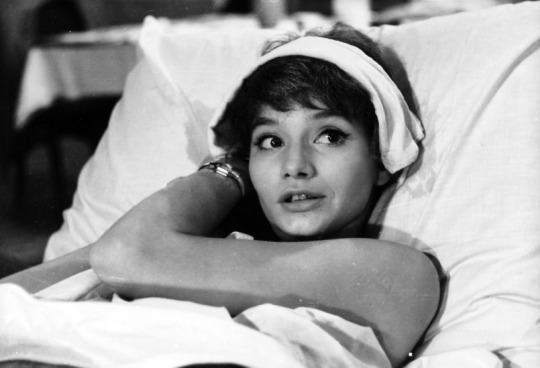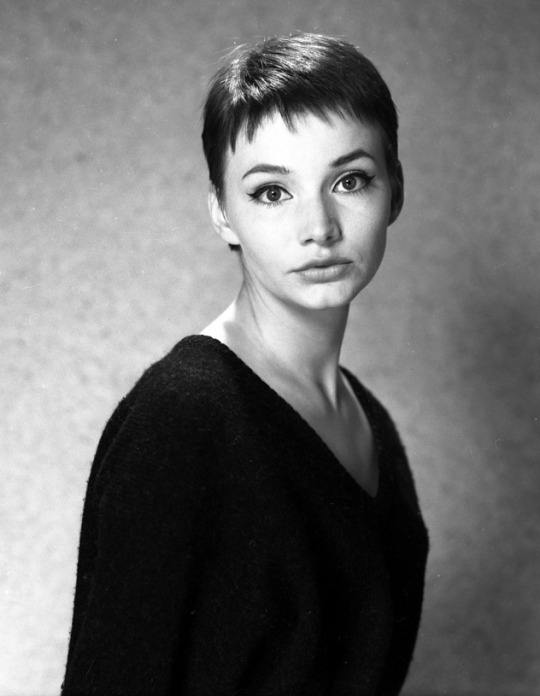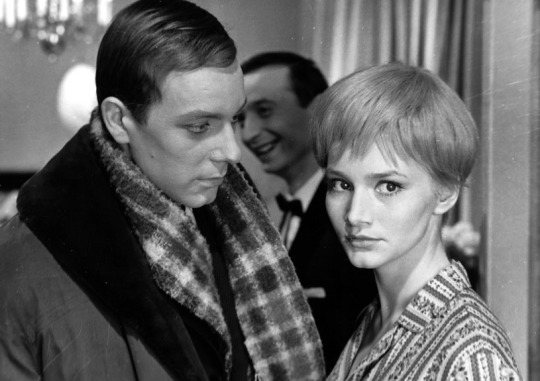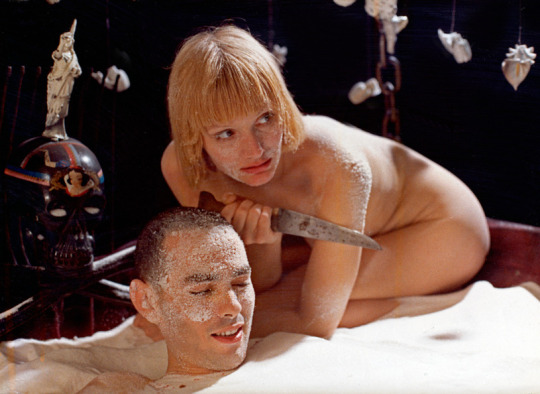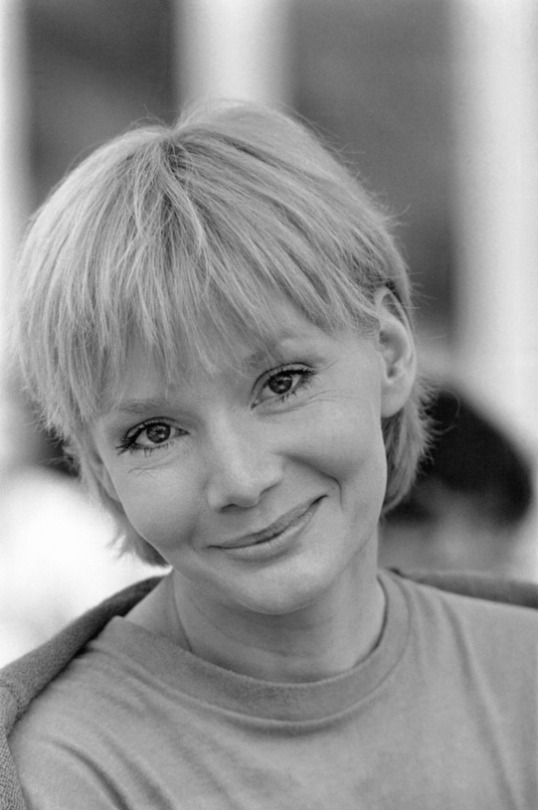#anna prucnal
Text


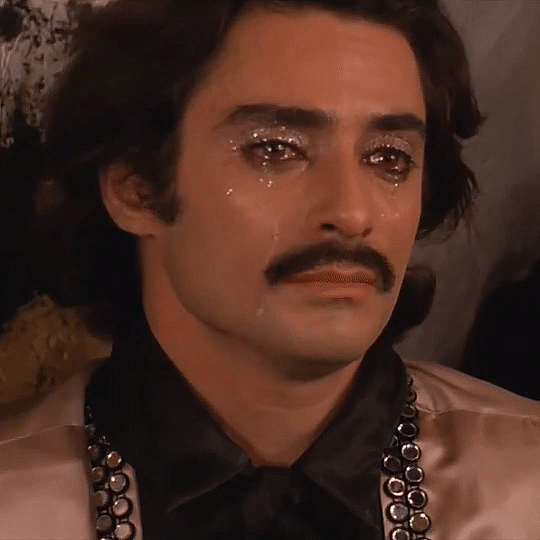
sami frey as el macho from sweet movie (1974) dir. dušan makavejev
#sweet movie#dušan makavejev#carol laure#anna prucnal#sami frey#pierre clementi#film aesthetic#film stills#film#french film#french cinema#70s film#70s cinema#70s style#70s#european film#experimental film#surrealism#surreal aesthetic#french films#film gifs
1K notes
·
View notes
Text
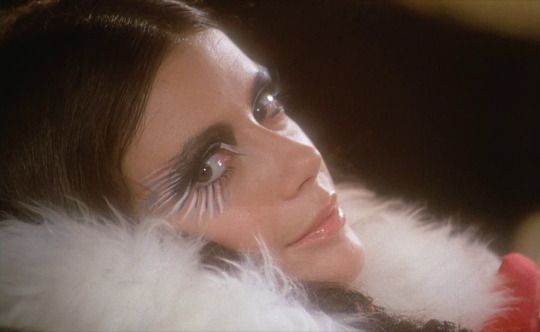
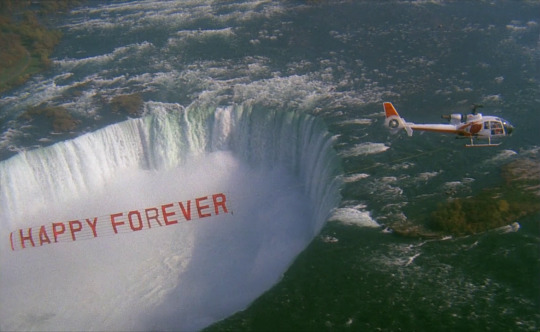
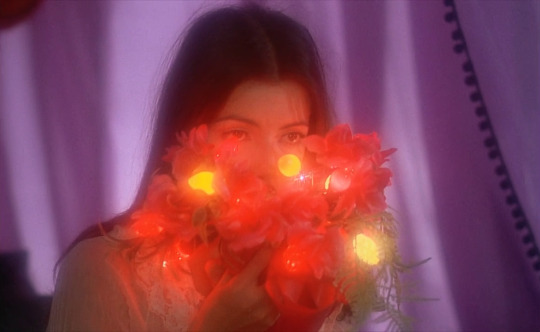

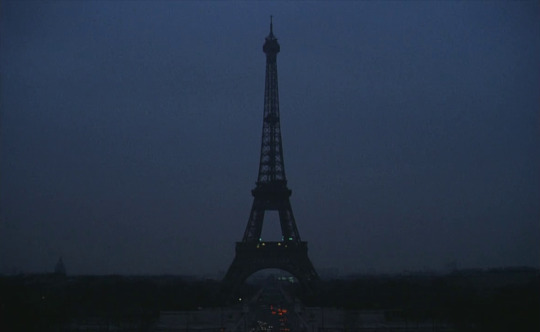
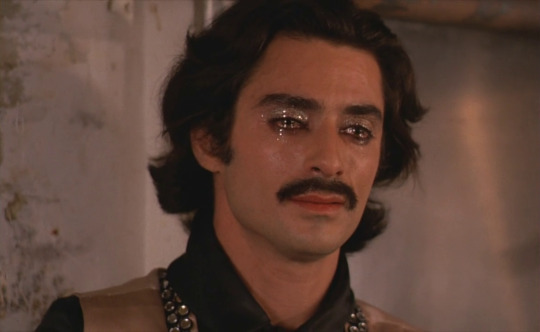
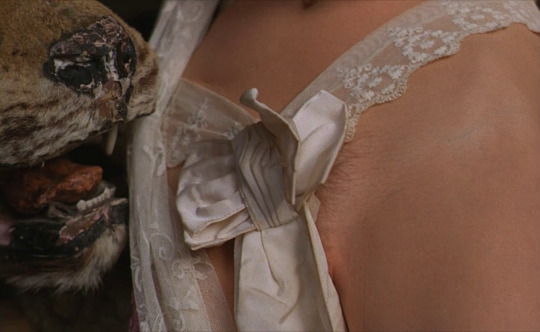
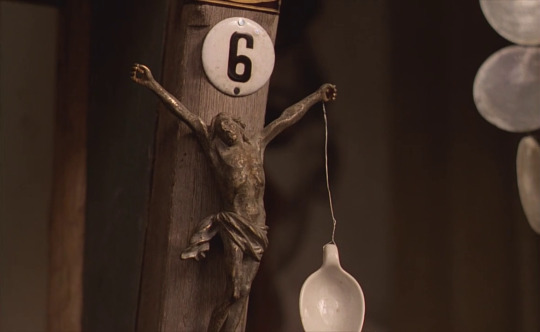


Sweet Movie (1975) | dir. Dušan Makavejev
#sweet movie#dušan makavejev#carole laure#sami frey#anna prucnal#pierre clémenti#films#movies#cinematography#screencaps
128 notes
·
View notes
Text
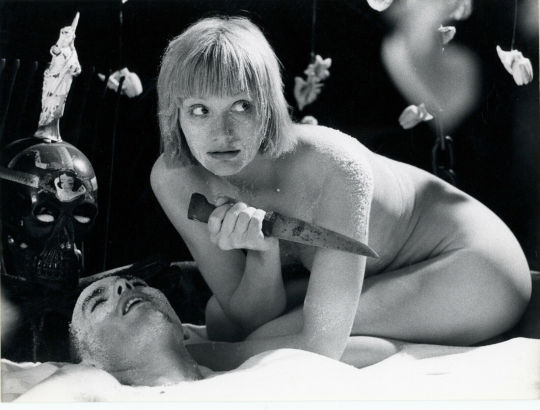
Anna Prucnal and Pierre Clémenti in Sweet Movie (1974).
135 notes
·
View notes
Text

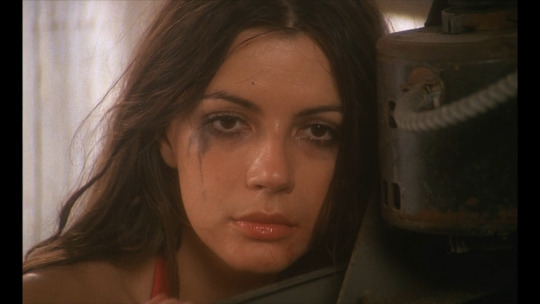

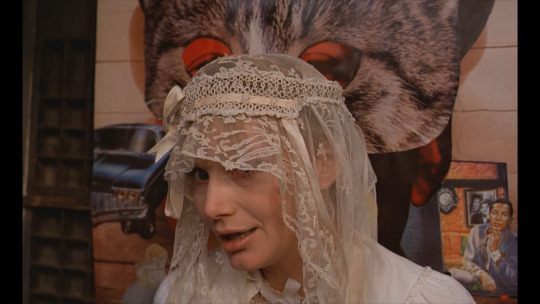





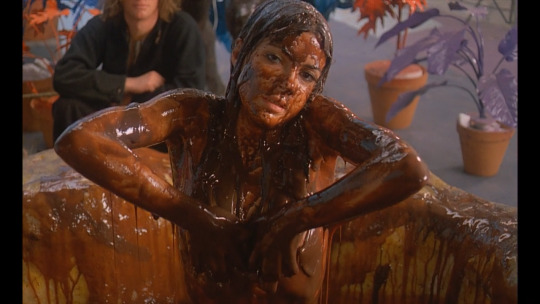
Sweet Movie (Dušan Makavejev, 1974)
#carole laure#pierre clémenti#anna prucnal#sweet movie#dusan makavejev#criterion collection#favorite movies
39 notes
·
View notes
Text
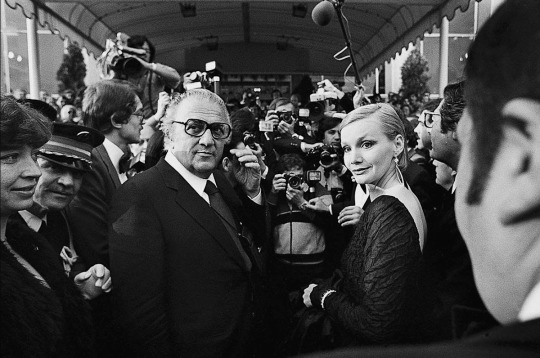
Happy 83rd, Anna Prucnal.
With Federico Fellini in Cannes in 1980.
12 notes
·
View notes
Text



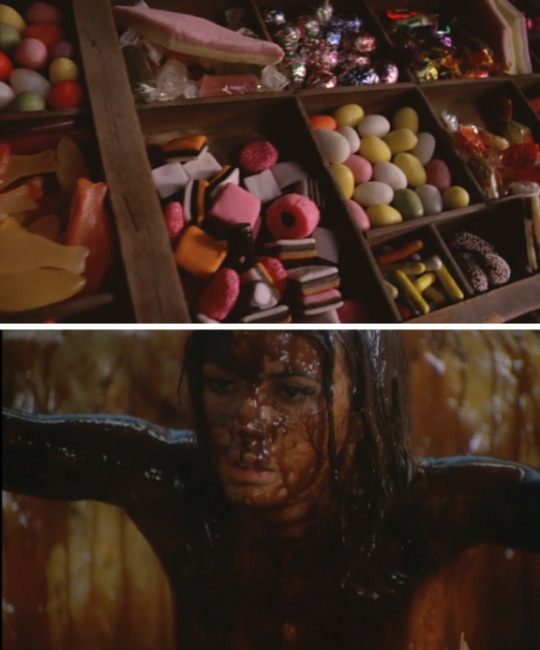
Sweet Movie (1974)
8 notes
·
View notes
Text
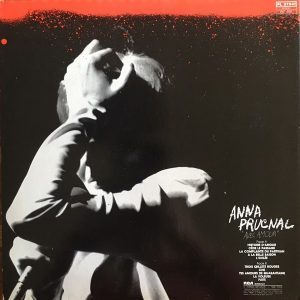
youtube
anna prucnal - le nègre violet
1979
3 notes
·
View notes
Photo

Anna Prucnal in Sweet Movie (Dusan Makavejev, 1974)
Cast: Carole Laure, Pierre Clémenti, Anna Prucnal, Sami Frey, Jane Mallett, Roy Callender, John Vernon, Marpessa Dawn. Screenplay: France Gallagher, Dusan Makavejev, Martin Malina. Cinematography: Pierre Lhomme. Production design: Jocelyn Joly. Film editing: Yann Dedet. Music: Manos Hatzidakis.
In the 1933 decision that lifted the ban in the United States on James Joyce's Ulysses, Judge John M. Woolsey dismissed the charges of obscenity, though he found that "in many places the effect of Ulysses on the reader undoubtedly is somewhat emetic." I've never found anything to be "emetic" in Ulysses, certainly not on the level of some of the more queasy moments in Dusan Makavejev's Sweet Movie, which exploits every orifice known to be possessed by human beings, especially in the orgiastic scenes featuring Otto Muehl's commune. As for obscenity, that lies in the eye of the beholder. To my mind, Sweet Movie dallies on the brink of it in the scene in which Anna Prucnal's Captain Anna, scantily clad to say the least, makes what appear to be sexual come-ons to a group of boys aboard her boat called Survival. At moments like this I snap out of the trance of make-believe into which art lures us, and into a realization that the boys in the scene are pre-pubescent actors. There's a layer of child sexual abuse in staging such a scene that I can't quite rise above. Beyond that, however, Sweet Movie does precisely what Makavejev wants it to: It surprises, startles, shocks, overturning most of our expectations of what a movie can and/or should show us. It's valuable for that reason alone. Whether it illuminates or provokes thought in its even-handed assault on both capitalism and communism is another question. It has begun to feel dated, as many avant-garde satires tend to do. But it's also done with a great deal of verve and chutzpah, which never really grow old.
2 notes
·
View notes
Text
Quinzaine 55: show these films that we cannot see! 3/4
“1973, we banned. 1974, we liberalize. Before repressing in 1975
then punishing in 1976” (Between two censures, 1989, Tony Crawley
and François Jouffa) On April 28, 1974, Valéry Giscard d'Estaing, newly elected President of the Republic, announced the abolition of censorship in France and advocated freedom of expression and creation. This decision will revolutionize the entire cinematographic landscape. In the capital, in the suburbs and in the provinces, cinemas shamelessly display erotic works on their facades and in
their halls. In one year, more than 128 voluptuous films were released in theaters: Les Jouisseuses, Emmanuelle, and La Papesse (to name but a few) set the crowds ablaze, rushing to see the taboo in scope. This slight curiosity will push 6,497,687 Parisians and suburbanites to cloister themselves in the confined, overheated and electrified rooms of the operators of 74. The Secretary of State, Michel Guy, in a burst of lucidity, or in a moment of weakness, will even authorize exploitation of pornographic films!

This wind of freedom will quickly reach the Croisette which will present to its official selection the sulphurous One Thousand and One Nights by Pier Paolo Pasolini and the outrageous Nine Lives of Fritz the Cat by Robert Taylor. La Quinzaine, for its part, will look to Yugoslavia to find THE right director for this year full of buttocks: Dusan Makavejev, author and screenwriter of Sweet Movie.
Carole Laure (Miss Canada) files a complaint against Makavejev, Anna Prucnal (Anna Planeta) is exiled from Poland for seven years, the film is banned in Great Britain and, in France, it is banned for minors under 18 . All this for what ? For a film-manifesto, a strong work which despite itself has generated a bigger scandal than it envisaged. For an erotico-political poem where socialism and capitalism contemplate each other with a curious eye and seek to tame each other. Unlike Dusan Makavejev's other films, Sweet Movie offers us a more direct social confrontation, without indigestible
government soliloquies. He seeks here to establish a sensory screen-spectator relationship. Sensuality is the main guideline of the staging
and the script, all the cohesion of the film crew aims to advocate the joy of living, universal love and self-knowledge through sex. Makavejev drops the masks of self-censorship, the spectator is exposed, his shell splits and melts in the face of Sweet Movie's warm humor and sexual sweat. We speak here of a "therapeutic effect" as a "light aphrodisiac", a non-verbal communication pushing the public to observe, feel, touch, taste and discover themselves through the work. Let us underline the fact that Makavajev, feeling guilty for this overflow of happiness in the face of the misery of the world, inserted into the film documentary sequences on the excavation of Polish corpses by Nazi officers.
Sad cruel world.
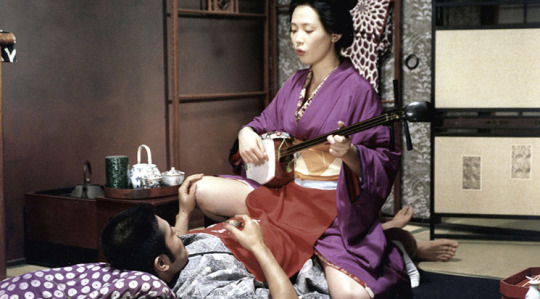
We will end the year, on October 17, 1974, with the abolition of the support fund for porn films… Are Monsieur Giscard and Monsieur Guy going back on their convictions? In 1976, the good resolutions of our two friends were shelved. Pornography? Eroticism you say? The past. Law X imposes itself insidiously, feigning the absence of censorship and displaying a simple restriction. The VAT on so-called porn films goes from 17.6% to 33.33%, 161 films are classified X
and prohibited from exploitation… The few works still in circulation are relegated to specialized cinemas penalized fiscally and financially. If that isn't censorship…
But the Fortnight still and always resists restriction, isolation, and blame, and it shows it more than ever with The Empire of the Senses by Nagisa Oshima. All of France is shaken, the phenomenon is unprecedented. Moreover, L'Empire des sens is not drowned in the selection, far from it, it is the opening film of this new program, the work brought to light, the work under the spotlights of the public, of critics, journalists, and the organization.
We will not expand more than necessary on this film which has already caused a lot of ink to flow (and many other more natural liqueurs). Just remember that this is a snub to Japanese taboos. Nagisa Oshima procured virgin French film, impregnated it in his native land, and sent him back to France for birth. L'Empire des sens is banned in Japan, Germany, Sweden, the United States, Belgium… But the Fortnight takes up the challenge of presenting this work, and tries to open the public's gaze not to an erotic film or pornographic, but on a visual poem worthy of Japanese prints. Everything here is implacably meticulous, the staging is refined, the dialogues finely orchestrated, and the dazzling colors reinforce the lyricism of what was originally just a news item.
L’Empire des sens establishes one and the same discourse: that of a
continuous love scene, the frame changes but the act remains. Even if the sex is not simulated, even if the final scene is incredibly violent, the film remains immaculate thanks to its visual perfection, and thanks to this speech being neither more nor less than an approval of the life unto death, the ultimate and unconditional love.
The works seen above are political, social, rebellious. She uses the
representation of sex to convey more or less abstract messages, but they neglect the love encountered in the sexual relationship. Nagisa Oshima, him, the sublime.
But if you miss politics, remember that in 1988, interviewed by Bernard Pivot, Jacques Chirac confessed: “I saw L’Empire des sens in the hall of a private cinema which belongs to the Ministry of Information. I felt it was a very beautiful film…”
Thanks to the Ministry of Information and thanks to Jacques!
- Clara Sebastiao
0 notes
Photo
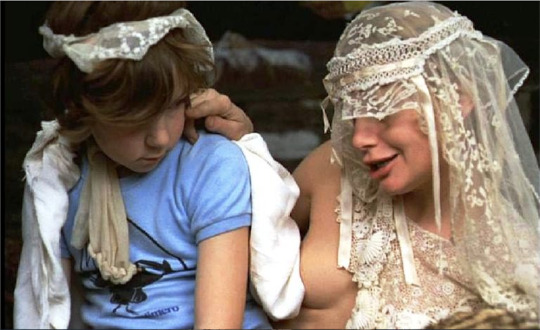
Sweet Movie (1974)
by Dušan Makavejev
#Dušan Makavejev#avant garde#surrealism#carole laure#john vernon#anna prucnal#pierre clémenti#1970s movies#yugoslavian cinema
59 notes
·
View notes
Photo
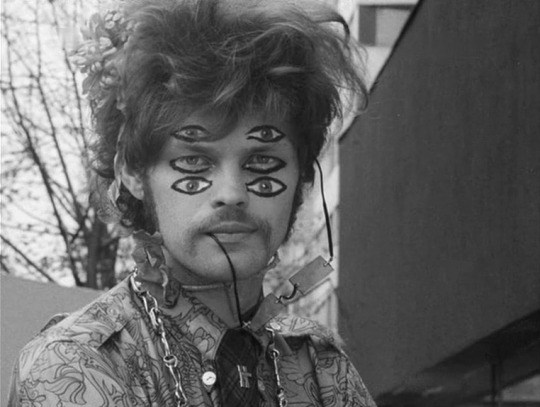
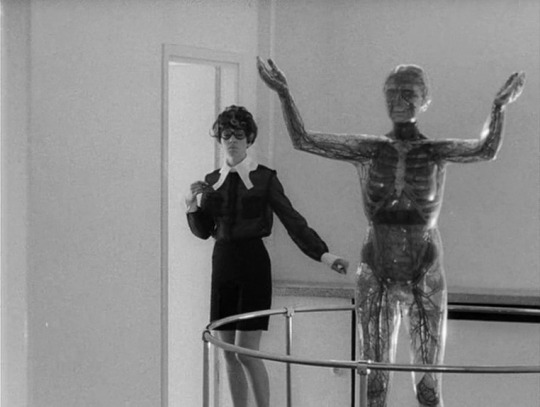
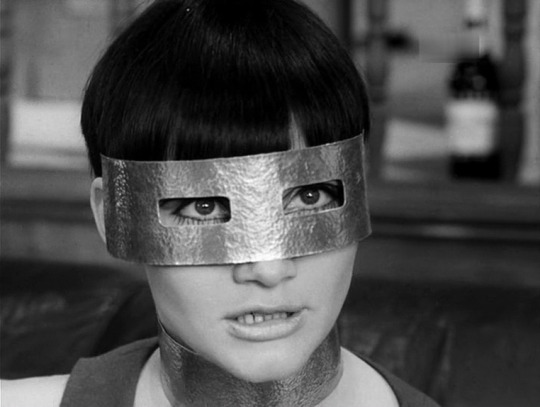
przekladaniec / hodge podge / layer cake (pol, wajda 68)
34 notes
·
View notes
Photo
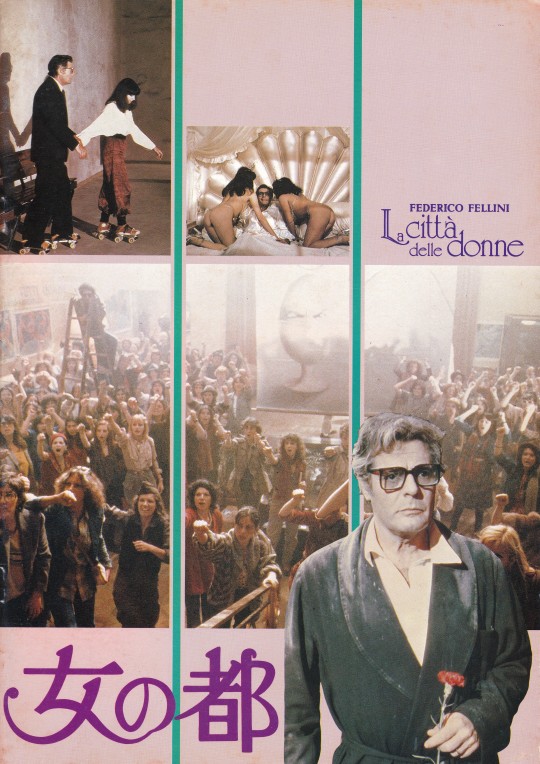
女の都
東宝株式会社事業部
監督=フェデリコ・フェリーニ/出演=マルチェロ・マストロヤンニ、エットレ・マンニ、アンナ・プルクナル、バーニス・ステガーズ ほか
#la città delle donne#女の都#la citta delle donne#city of women#federico fellini#フェデリコ・フェリーニ#marcello mastroianni#マルチェロ・マストロヤンニ#ettore manni#anna prucnal#bernice stegers#anamon#古本屋あなもん#あなもん#映画パンフレット#movie pamphlet
45 notes
·
View notes
Photo
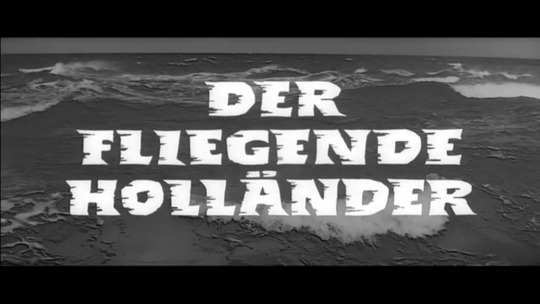
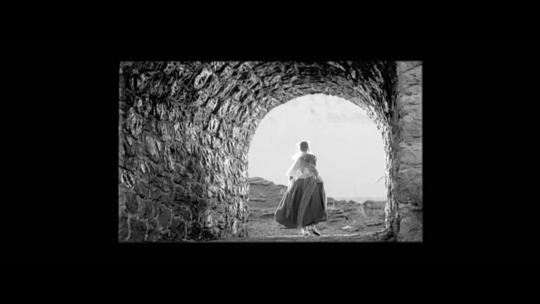
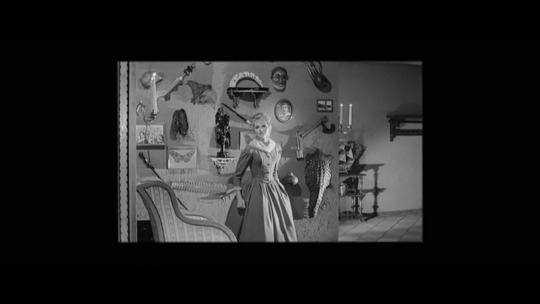
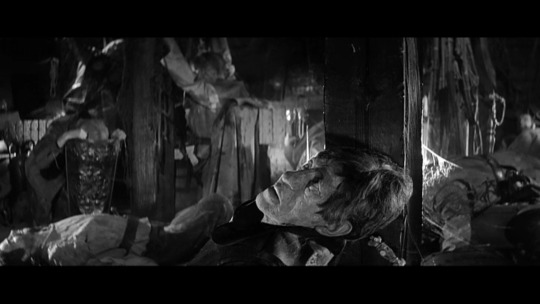
youtube
The Flying Dutchman (1964)
My rating: 7/10
Tolle Adaption einer recht guten Oper - die Sets (speziell das Geisterschiff, mit seinen zerfetzten Segeln, Spinnenweben und der augenlosen, verwitterten Galionsfigur), Schauspieler und generell die Regie sind sehr gut, ebenso Wagners Musik, aber die Geschichte selbst ist sehr romantisch (sowohl im literarischen als auch im modernen Sinn, es gibt sogar die Stelle im dritten Akt, wo sich das Paar streitet und die heute in keiner romantischen Komödie fehlt) und verbringt sehr viel Zeit damit, sehr wenig zu sagen - was für Opern völlig normal ist, ich weiß, aber es macht es mir trotzdem schwerer, Gefallen an der Sache zu finden.
Great adaptation of a fairly good opera - the sets (especially the ghost ship, with its tattered sails, cobwebs and eyeless, weathered figurehead), actors and general direction are very good, as is Wagner's music, but the story itself is very romantic (in both the literary and the modern sense, there's even that bit every rom-com has where the lovers fight in the third act) and spends a long time saying very little - which is par for the course for opera, I know, but still made it a bit harder for me to enjoy.
1 note
·
View note
Photo
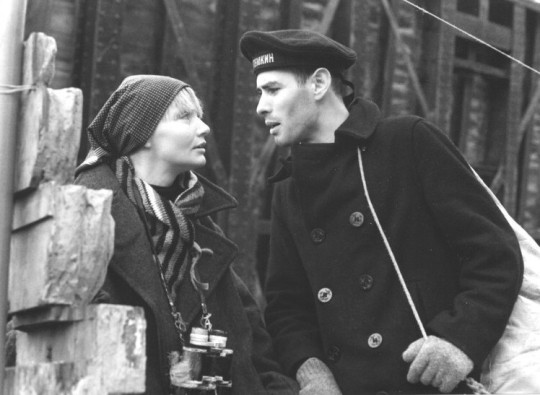
Sweet Movie
Dušan Makavejev 1974
7 notes
·
View notes

